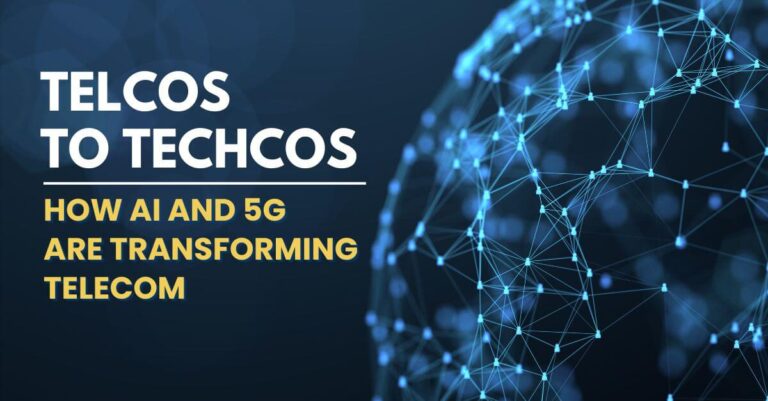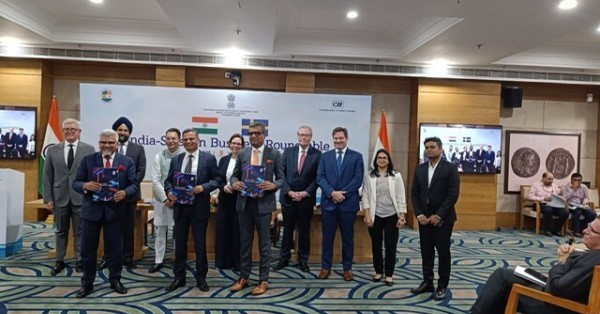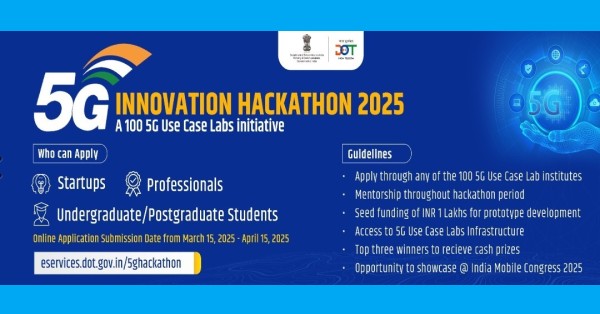Reliance Jio’s Strategic Integration of Generative AI: The Launch of JioBrain and Haptik’s Contakt
Reliance Jio, India’s largest telecommunications provider, is spearheading the integration of generative AI into the telecom sector with its innovative platform, JioBrain. Developed by Jio Platforms, a division of Reliance Industries, JioBrain is designed to enhance both telco and enterprise networks by adding advanced machine learning (ML) capabilities without the need for extensive IT transformation. This platform represents the culmination of two years of research and development by hundreds of engineers, aiming to transform the telecommunications landscape and beyond.
JioBrain: Reliance Jio’s Generative AI Platform for Telecom and Enterprises
JioBrain is a versatile AI platform that offers generative AI features on an “as-a-service” basis. This platform integrates seamlessly with existing network infrastructures, supporting all standard data sources, data formats, and protocols. It allows users to incorporate their own datasets through an intuitive user interface, making it a flexible and accessible solution for various industries.
Key Features of JioBrain:
- 500+ REST APIs: JioBrain comes equipped with over 500 representational state transfer (REST) APIs and data APIs, enabling the development of ML-enabled services tailored to specific business needs.
- Customizable AI Capabilities: The platform offers customized enterprise and large-scale large language model (LLM) capabilities, as well as advanced AI features for images, videos, text, documents, and speech.
- Plug-In Architecture: Designed as a plug-in architecture, JioBrain supports easy integration without necessitating a complete overhaul of existing IT systems.
Applications and Services:
- LLM-as-a-Service: Provides businesses with the ability to leverage large language models for various applications, including text generation and analysis.
- Speech and Text Translation: Offers speech-to-speech and text-to-speech translation services, enhancing communication across different languages.
- Text/Image-to-Video Generation: Converts text and images into video content, facilitating innovative marketing and educational tools.
- Code Generation and Debugging: Enables automated code generation and debugging, streamlining software development processes.
- Bring Your Own Model: Allows businesses to integrate their own AI models with JioBrain’s infrastructure, providing tailored solutions for unique requirements.
JioBrain: Optimizing 5G and Leading the Path to 6G
Reliance Jio plans to leverage JioBrain to create new 5G services, optimize network performance, and transform enterprise operations. The platform is already integrated with Jio Platforms’ network automation tools, setting the stage for future advancements in 6G, where ML capabilities will be crucial.
Network Optimization: By integrating generative AI, JioBrain can analyze vast amounts of network data to predict and mitigate potential issues, ensuring seamless connectivity and improved service quality.
Enterprise Transformation: JioBrain’s AI capabilities enable businesses to automate routine tasks, optimize resource allocation, and develop innovative solutions that enhance operational efficiency.
Haptik’s Contakt: AI-Driven Chatbot Innovation
In addition to JioBrain, Reliance Jio’s subsidiary Haptik has launched Contakt, a dedicated generative AI platform for building advanced chatbots. This platform is designed to meet the growing demand for sophisticated virtual assistants and back-end information support.
Key Features of Contakt:
- Generative AI Chatbots: Contakt leverages OpenAI’s GPT-3.5 and GPT-4 models to provide advanced conversational capabilities, allowing clients to accept text, audio, and image queries through chat interfaces.
- Pilot Deployments: Companies such as Upstox, Starbucks, Tira, and the Indian School of Business are already piloting the platform, demonstrating its practical business applications.
- Flexible AI Model Integration: While default deployments use OpenAI’s LLMs, Contakt offers clients the flexibility to integrate multiple LLMs based on their specific needs.
- Future Expansion: Support for audio-based queries via phone calls is expected to be rolled out in 2024, expanding the platform’s capabilities.
Aakrit Vaish, CEO of Haptik, highlighted the increasing business demand for smarter conversation platforms as a driving force behind the launch of Contakt. This platform aims to enhance customer engagement and streamline business processes through advanced AI-driven interactions.
Bharat GPT: Enhancing AI Capabilities in India
Reliance Jio is also developing Bharat GPT, an indigenous AI model in collaboration with the Indian Institute of Technology (IIT) Bombay. Supported by the Department of Science and Technology, Bharat GPT aims to create India-centric multi-lingual and multi-modal generative AI solutions.
Key Initiatives:
- Public-Private Partnership: The Bharat GPT consortium, led by IIT Bombay, includes premier academic institutes like IIT Madras, IIT Mandi, IIT Hyderabad, IIT Kanpur, IIIT Hyderabad, IIM Indore, and Bhashini. This collaboration focuses on developing AI models tailored to the Indian context.
- Transforming Industries: Bharat GPT is set to revolutionize key business verticals such as telecom and retail by providing advanced AI capabilities that address local needs and challenges.
Akash Ambani, Chairman of Reliance Jio, emphasized that Bharat GPT will have an edge over other models due to its focus on India-centric solutions and multi-lingual capabilities. This initiative aims to position India as a leader in AI innovation, driving economic growth and technological advancement.
Jio’s Accelerated 5G Network Expansion
Reliance Jio has been aggressively expanding its 5G network across India, employing Standalone (SA) architecture. The telco has deployed 5G services in over 7,764 cities across 36 states, with plans to achieve nationwide coverage by the end of 2023. This rapid rollout positions Jio as a leader in the global 5G landscape, providing a robust foundation for integrating advanced AI technologies like JioBrain.
JioAirFiber: Jio’s 5G fixed wireless access (FWA) service, JioAirFiber, is already commercially available in 514 cities, offering high-speed internet connectivity to millions of users. The service is part of Jio’s broader strategy to leverage 5G technology to enhance digital connectivity and support the proliferation of AI-driven applications.
Reliance Jio: Leading AI-Driven Transformation in Telecom
Reliance Jio‘s introduction of JioBrain and Haptik’s Contakt marks significant milestones in the integration of generative AI within the telecommunications sector. By providing advanced AI capabilities on an as-a-service basis, these platforms enable businesses to harness the power of AI without undergoing extensive IT transformations. Combined with Jio’s rapid 5G expansion and strategic collaborations, these initiatives position Reliance Jio at the forefront of AI-driven transformation in the telecom industry. As Jio continues to develop and scale its AI ecosystem, it sets a new standard for leveraging generative AI to drive operational efficiency, enhance customer experiences, and pioneer the next generation of digital services.






















